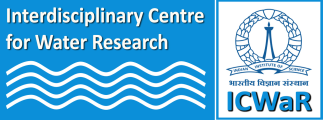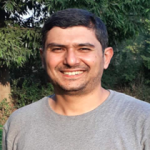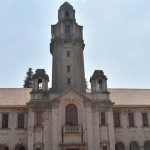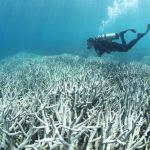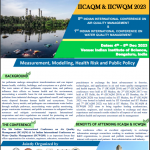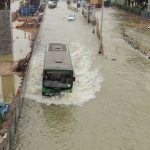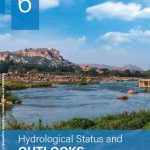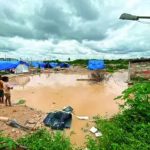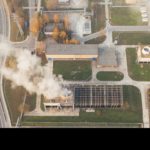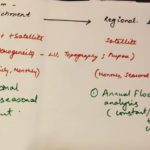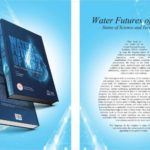Building an Early Warning System for Waterborne Diseases in India
Name of the Speaker: Prof. Raghu Murtugudde
Title of the Seminar: Building an Early Warning System for Waterborne Diseases in India
Date and Time: 23 Aug 2021 (Monday), 4:00pm
Online Platform: MS Teams [link to the video of the seminar]
About the Speaker: Raghu Murtugudde did a B Tech in Aeronautical Engineering from IITB and a PhD in Mechanical Engineering from Columbia University. He worked as a Research Scientist at NASA GSFC before becoming a faculty in Atmospheric and Oceanic Science and Earth System Science at the University of Maryland. He has been a visiting faculty at various Indian institutions, most recently at IITB. His interests include earth system science and regional earth system predictions for food, water, and health.
As an Earth System Scientist, Raghu studies the interactions between the physical world and life and explore the co evolution of life and climate and what it means for sustainability. Data analysis, Regional Earth System Modeling and Predictions are combined to advance process and predictive understanding of the Earth System, especially at regional scales. His hypothesis is that all global warming is local and the impacts are manifest in the food, water, energy and health nexus. Producing region specific predictive information at daily to seasonal timescale that is useful and usable and what if scenarios for years to decades are his main interests. His personal interest also includes agroforestry as a sustainable agriculture and watershed management approach and its ability to sequester additional carbon in soils while enhancing drought resilience and soil moisture persistence.
Abstract: India has made tremendous progress in the process and predictive understandings of monsoon variability, change and extremes. The extensive investments in predictions systems have paid off with increasing skills at short, medium, and extended ranges as well as at seasonal to interannual timescales and future a projections of monsoons. Applications of the forecasts, especially at the sub seasonal to seasonal (S 2 S) forecasts are growing. Unfortunately, the warm temperatures and the monsoons also favour explosion of pathogens and their ingestion by humans India remains a hotspot for diseases. Time is ripe for early warning systems for waterborne diseases at the S 2 S timescale to build a Ready Set Go system to manage health outcomes and reduce disease morbidity, mortality and productivity losses. The high spatial variability of the monsoon rains and extremes and their relation to external drivers such as El Niño are explored in the context of Enteric Fever cases in Surat and Ahmedabad. Some ways forward on mapping and synthesising water quality and health data across India and building health early warning systems are discussed
Date/Time
Date(s) - 23/08/2021
4:00 pm - 5:00 pm
